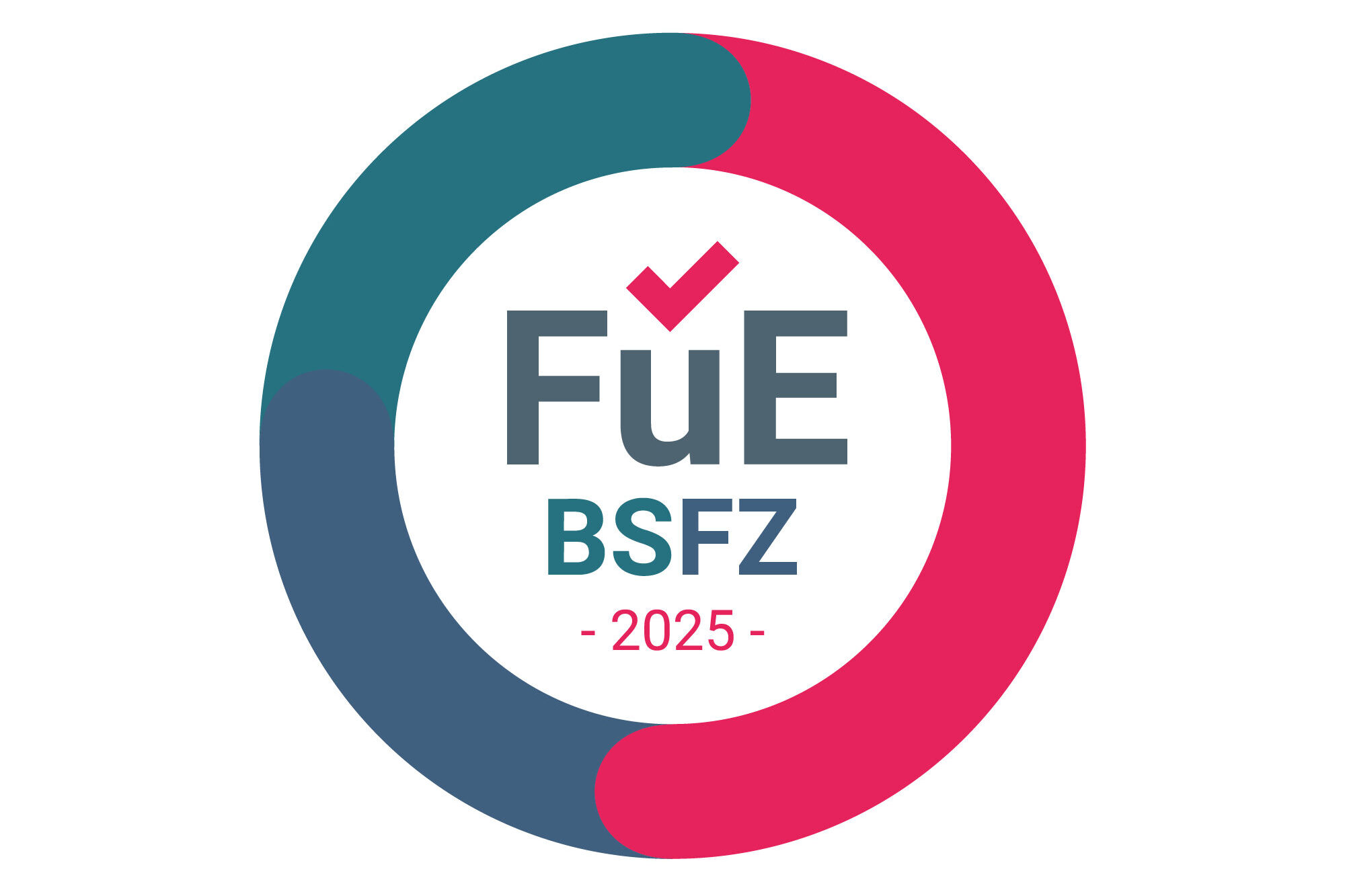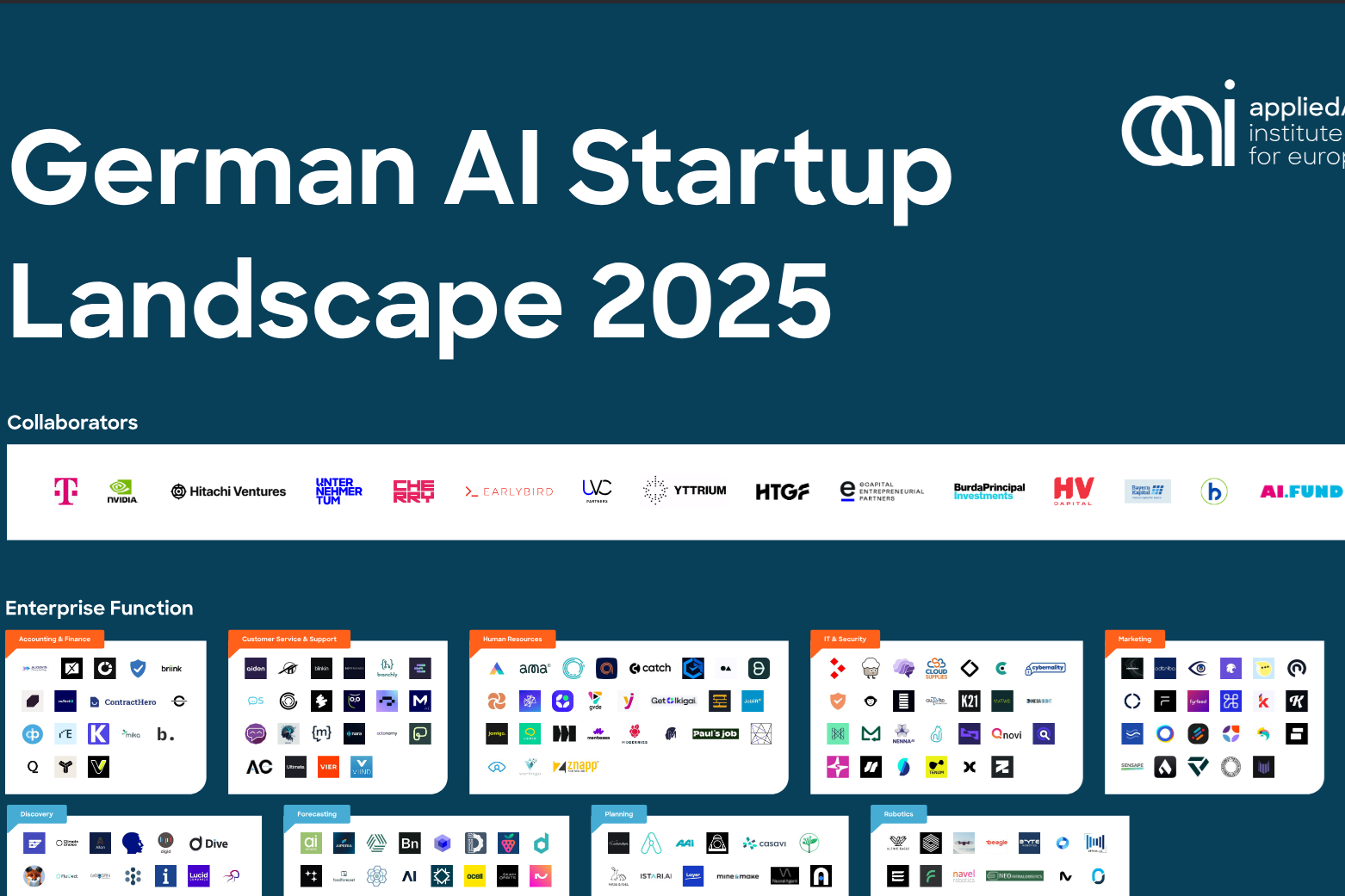After a decade managing technical relationships with BMW Group, Audi AG, and other German industrial giants, our founder witnessed the same costly pattern repeating across every facility: companies deploying AI systems that couldn’t handle the brutal reality of high-stakes manufacturing environments.
When production downtime costs $2.3 million per hour, you can’t afford black-box AI that fails unpredictably. You need systems built for clarity and control.
That’s exactly why we developed our deterministic multi-agent architecture—and why the German government just validated our approach with the prestigious BSFZ seal, an honor that certifies our R&D meets rigorous German government standards for innovation, technical risk, and systematic planning.
The Problem: Standard AI Isn’t Built for Industrial Stakes
Most AI deployments follow the same flawed playbook: take a general-purpose model, feed it some company data, and hope it works. This approach might be acceptable for consumer applications where the worst outcome is a frustrated user.
But in industrial environments, the mathematics are unforgiving:
- Automotive OEM plant downtime: Up to $2.3 million per hour (Siemens 2024 analysis)
- Chemical processing failure: Potential safety incidents and regulatory violations
- Aerospace manufacturing error: Months of rework and certification delays
In these environments, “good enough” AI becomes catastrophically expensive AI.
The Black Box Problem
Traditional AI systems operate as black boxes—you input data, receive an output, but have no visibility into the decision-making process. For consumer chatbots, this opacity is merely inconvenient. For production control systems, it’s unacceptable.
Industrial engineers need to understand:
- Why the system made a specific decision
- How it arrived at that conclusion
- What would happen if conditions change
- When the system might fail or produce unreliable outputs
Standard AI provides none of this transparency.
Our Solution: Architecture of Clarity and Control
Our certified research project, “Open-Source LLMs for GDPR-Compliant Business Process Automation,” tackles this challenge through a fundamentally different approach.
Instead of relying on single, monolithic AI models, we’ve developed a multi-agent architecture where smaller, specialized AI agents work together under a deterministic, reliable framework.
The Three Pillars of Our Approach
1. Clarity First Methodology Before deploying any AI, we transform your operational chaos into structured, verifiable knowledge assets. This isn’t about building better search—it’s about creating a foundation of truth that AI systems can reliably operate on.
2. Specialized Agent Architecture Rather than asking one large model to handle everything, we deploy purpose-built agents for specific tasks:
- Document analysis agents that understand your technical specifications
- Process monitoring agents that track operational patterns
- Decision routing agents that escalate appropriately
- Quality assurance agents that validate outputs
3. Deterministic Control Framework Every agent operates within defined parameters with predictable behaviors. Industrial engineers can understand, audit, and control the system’s decision-making process.
Why This Matters: From Dark Data to Competitive Advantage
Your company already possesses the solutions to nearly every problem you’ve faced—they’re just trapped as “dark data” in ticket systems, documentation, and institutional knowledge.
Traditional approaches try to solve this with better search or smarter chatbots. But that’s like putting a new search bar on a library with no card catalog. It doesn’t address the root problem: your most valuable knowledge is structurally inaccessible.
Our approach transforms this trapped expertise into a durable competitive advantage:
- Institutional knowledge becomes scalable and transferable
- Process expertise survives employee transitions
- Problem-solving patterns can be systematically applied
- Quality standards become consistently enforceable
Government Validation: The BSFZ Seal
The German government’s BSFZ (Bescheinigungsstelle Forschungszulage) recently awarded us their prestigious research and development seal—an honor granted to fewer than 1 in 400 German companies.
This certification validates three critical aspects of our work:
Novelty: Our multi-agent approach represents a genuine advancement over existing AI deployment methods for industrial applications.
Risk/Uncertainty: We’re solving genuinely difficult technical challenges with uncertain outcomes—not just engineering incremental improvements.
Systematic Planning: Our research follows rigorous methodologies with measurable milestones and clear success criteria.
But more importantly, this recognition confirms what we learned through years of industrial experience: high-stakes problems demand a higher standard of engineering.
What This Means for Your Operations
If you’re an industrial leader evaluating AI deployment, our BSFZ-certified approach offers something fundamentally different:
Transparency You Can Trust
Every decision is traceable and auditable. When something goes wrong (and it will), you’ll know exactly why and how to fix it.
Control You Can Maintain
Your engineers remain in control of the system. AI augments human expertise rather than replacing human judgment.
Reliability You Can Depend On
Deterministic frameworks produce predictable behaviors. No more wondering if your AI system will perform differently tomorrow than it did today.
Compliance You Can Verify
Built on GDPR-compliant foundations with full data sovereignty. Your knowledge stays within your control.
The Road Ahead
The BSFZ certification isn’t just recognition of past work—it’s validation of our path forward. We’re expanding our research through collaborations with leading German universities and research institutes, exploring applications in human-AI collaboration and LLM-based robotic control.
But our core mission remains unchanged: transforming trapped operational expertise into scalable competitive advantages for companies where failure isn’t an option.
Ready to Move Beyond Black Box AI?
If your operations can’t afford unpredictable AI behavior, if your knowledge is trapped in organizational chaos, or if you need AI systems your engineers can actually understand and control, let’s talk.
Our 8-week Diagnostic Pilot is specifically designed to assess whether your operational challenges are suited to our deterministic approach. We’ll provide you with a clear roadmap for transforming your dark data into a structured knowledge asset—and show you exactly how our multi-agent architecture can deliver reliable automation built on that foundation.
Schedule a diagnostic call to explore how government-validated research can solve your most pressing operational challenges.
About the BSFZ Seal: The Bescheinigungsstelle Forschungszulage (BSFZ) is Germany’s official certification body for research and development activities. Companies receiving BSFZ certification are eligible for significant tax benefits through Germany’s research allowance program, with funding up to €1 million annually. The certification process involves rigorous evaluation of novelty, risk/uncertainty, and systematic planning—ensuring only genuine R&D initiatives receive recognition.



